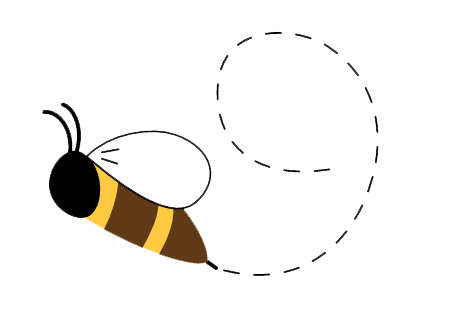REPORT ABUSE
The Illinois Department
of Children and Family Services
Child abuse hotline: 1 (800) 252-2873
1 (800) 25ABUSE
RESOURCES
TALKING TO AN ABUSED CHILD
What To Do...
Your first step is to keep your reactions in check. Children need to feel believed and supported. Avoid expressions of disbelief or anger, and it's best to share intense emotions only with other supportive adults.
Try not to alert the alleged offender about the disclosure. Call the local police or DCFS hotline to make a report.
Seek out supportive people who understand that you didn't allow your child to be harmed. Prepare for potential challenges, especially if the abuser is a close family friend or relative. Be ready to address any concerns if other children may have been affected.
What to Say...
- "I believe you, and I'm grateful you told me."
- "This has happened to other kids. It's not your fault."
- "I'll do everything to keep you safe now that I know."
- "I'm not sure what happens next, but I'll keep you updated."
- "I'm really upset, but not with you."
- Reassure your child, he or she is not in trouble.
- Explain that the interview at the Center will be in a safe, friendly environment.
- Encourage your child to answer the interviewer's questions as best as he or she can.

What NOT to Do or Say...
- Restrict your child's play or normal activities more than necessary.
- Discourage clingy behavior. Let your child "cling" to you if they need to.
- Ask probing questions about the abuse details or ask why they didn't tell sooner.
- Express disbelief or dismiss their disclosure.
- Expect the child to forget what happened.
- Share this information with other adults who interact with your child.
Remember, your support and understanding can make a world of difference to your child during this difficult time.








